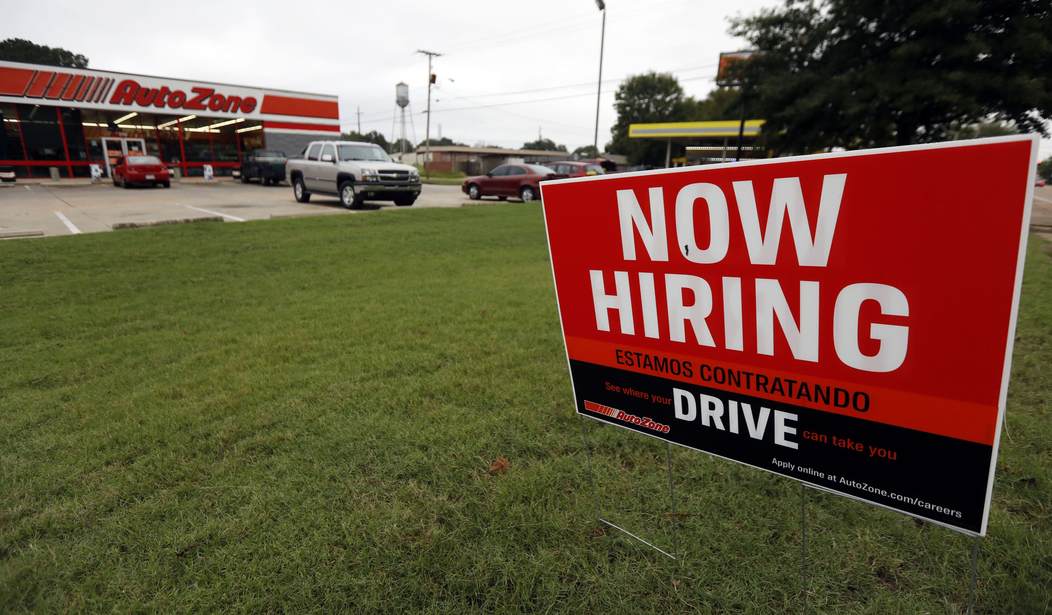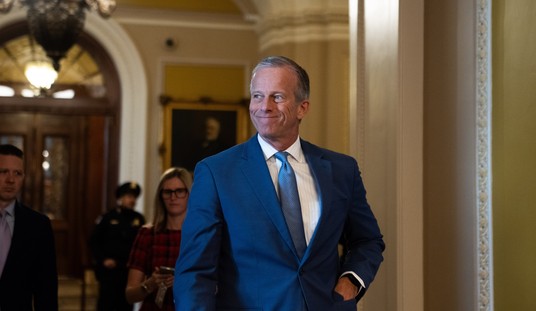The debate in the United States over whether to move away from free markets and toward socialism may change dramatically as the latest coronavirus spreads throughout the world. That’s because in the fight against the global pandemic, we’ll likely witness one of the most compelling arguments in our lifetimes emerge in favor of free-market systems – and lives will be saved in the process.
The pandemic will demonstrate that nations with the freest markets and freest people tend to have the health care systems with the greatest capacity to handle such a crisis. Free-market incentives have produced health care systems that have better capacities in terms of beds, equipment and medical personnel to handle increased caseloads. Those incentives have also spurred innovations that have led to some of the greatest medical advances in history.
Moreover, nations with both private-sector companies that are financially incentivized to work quickly for a cure, and governments willing to remove regulatory obstacles to innovation, are more likely to develop the treatments to abate the disease or possibly even find a cure.
Countries with freer markets also tend to be more resilient in times of crisis and more capable of handling external shocks. Thanks to their free-market incentives as well as the flexibility to respond to changing conditions that comes with less government central planning, they have the widest availability of food, medicine, and other crucial necessities.
This is not conjecture. The Heritage Foundation’s annual “Index of Economic Freedom,” the latest edition of which was released just days ago, provides the indisputable data showing that citizens who live in nations with greater economic freedom have better health outcomes overall.
Economic freedom is represented by a variety of factors such as smaller, less intrusive government; lower taxes; reduced regulations on people and businesses; an environment that makes it easier for average citizens to start or operate a business; and the protection of private property rights, including protections like patents for new innovations.
Recommended
The index has measured economic freedom in approximately 180 countries around the world for the last 26 years and shows that greater economic freedom has decreased poverty, created more prosperous economies, and increased positive health outcomes and life expectancies across the globe. Greater economic freedom has led to better health care systems, better education systems, a greater abundance of food, cleaner environments, and a higher quality of life for citizens.
Recently, Heritage Foundation researchers put the Index of Economic Freedom side-by-side with the Johns Hopkins’ Global Health Security Index, which measures countries’ capabilities to prevent, detect, and respond to infectious disease threats. Not surprisingly, they found a high correlation between economic freedom and health security.
Countries that Heritage ranked as “free” or “mostly free” in the economic freedom index also tended to score the highest on the health security index, while countries ranked as “mostly unfree” or “repressed” tended to score the lowest, indicating a poor ability to respond to infectious diseases.
In the coming months, we will be watching how countries across the economic freedom spectrum respond to the coronavirus pandemic. I have little doubt that we’ll see it’s the world’s freest nations that will do the best job of finding treatments and possibly a cure. Ultimately, their medical advances will be shared with all nations and used to save lives around the world.
That isn’t gloating; that is a sincere hope that such a critical demonstration of the power of economic freedom will encourage every nation to adopt more free-market approaches so that their citizens don’t just overcome this pandemic, but go on to live longer, healthier, and more prosperous lives.
It’s also my hope that some in our own government learn these lessons as well and don’t use this crisis as an opportunity to erode our personal and economic freedoms and push for spending free-for-alls. Any legislation to address the crisis must be targeted to the people who actually need it, temporary for only as long as the crisis lasts, and transparent – directed at fighting the coronavirus and aiding public health, not aiding special interests.
That is how we will emerge from this pandemic stronger than we were before.
Kay C. James is president of The Heritage Foundation (heritage.org).























Join the conversation as a VIP Member